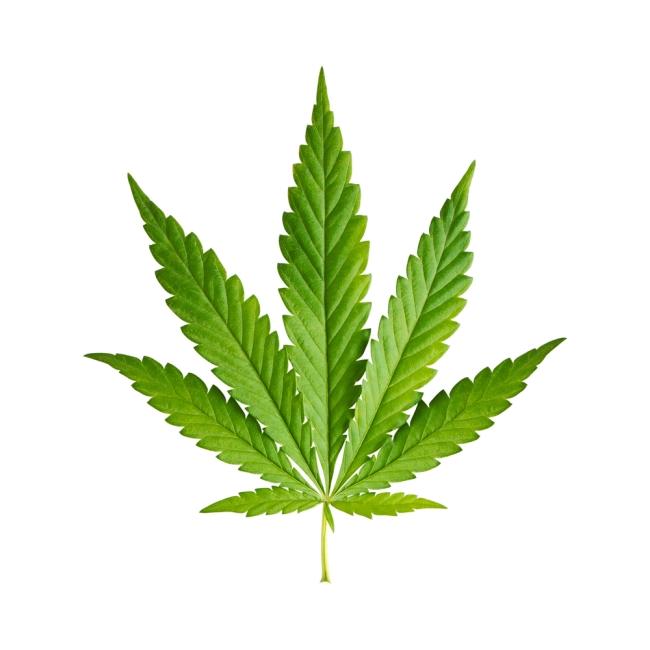In October of last year, the United States government issued a policy statement declaring that all U.S. Native American Tribes will be permitted to grow and sell marijuana. This is under the same policy that provides exceptions for states that have legalized marijuana.
Currently, it is still illegal to grow, sell and possess marijuana under the federal government, regardless of the legality in individual states.
However U.S. tribes are considered sovereign entities and governments with their own sets of laws and regulations.
“Tribes possess a nationhood status and retain inherent powers of self-government,” as defined by Supreme Court Chief Justice John Marshall in the 1830s.
Yet, tribes are still subject to U.S. federal laws and regulations under Article 1, Section 8 of the U.S. Constitution and tribal members are U.S. citizens. The policy statement released in October would allow tribes to regulate the sale and distribution on marijuana as they see fit, which could lead to a source of revenue for the now struggling Warm Springs Reservation.
This past March, The Bulletin reported that The Confederated Tribes of Warm Springs has asked the U.S. Department of the Interior’s Office of the Inspector General to “investigate alleged financial mismanagement within its tribal government” with regard to overspending amounting to more than $100 million over the last ten years.
This not only affects the economic security of the tribe’s government, but it also affects the economic stability of individual tribal members.
All tribal members receive an income from the tribe based on the revenues collected from the tribe’s assets through a trust account called “per capita distributions,” according to the U.S. Internal Revenue Service.
Many tribal members rely on this income to supplement their ordinary income or, in some cases, as their sole source of income for the 8.3 percent of unemployed citizens.
The 2012 estimated per-capita income was $13,244, according to City-Data.com.
To help the tribal economy, tribal members are working with former Governor Ted Kulongoski, who is on the Warm Springs economic development board, to assess the possibility of growing and selling marijuana on the reservation, reported the Willamette Week last month.
“That decision presents huge economic opportunity for tribes, even in states with legal weed like Oregon,” reported Willamette Week. “Reservations could set up weed stores near counties with local bans, sell pot free of state taxes, and set up cannabis cafes for public consumption.
“State restrictions on cannabis consumption present another opportunity,” reported Forbes last month. “In Washington, Colorado, Oregon, and Alaska, consumption is banned inside marijuana outlets and in most other locations outside of private residences.
Indian reservations could be the first jurisdictions in the U.S. to allow Amsterdam-style cannabis cafés that sell marijuana products along with food and beverages.”
The growth and sale of marijuana would create more farming, distribution and retail jobs on the reservation.
Just this month, Colorado announced a surplus from taxes on marijuana sales in the amount of $60 million, which could be refunded to taxpayers, reported The New York Times.
Kelli Pangle | The Broadside
(Contact: [email protected])














